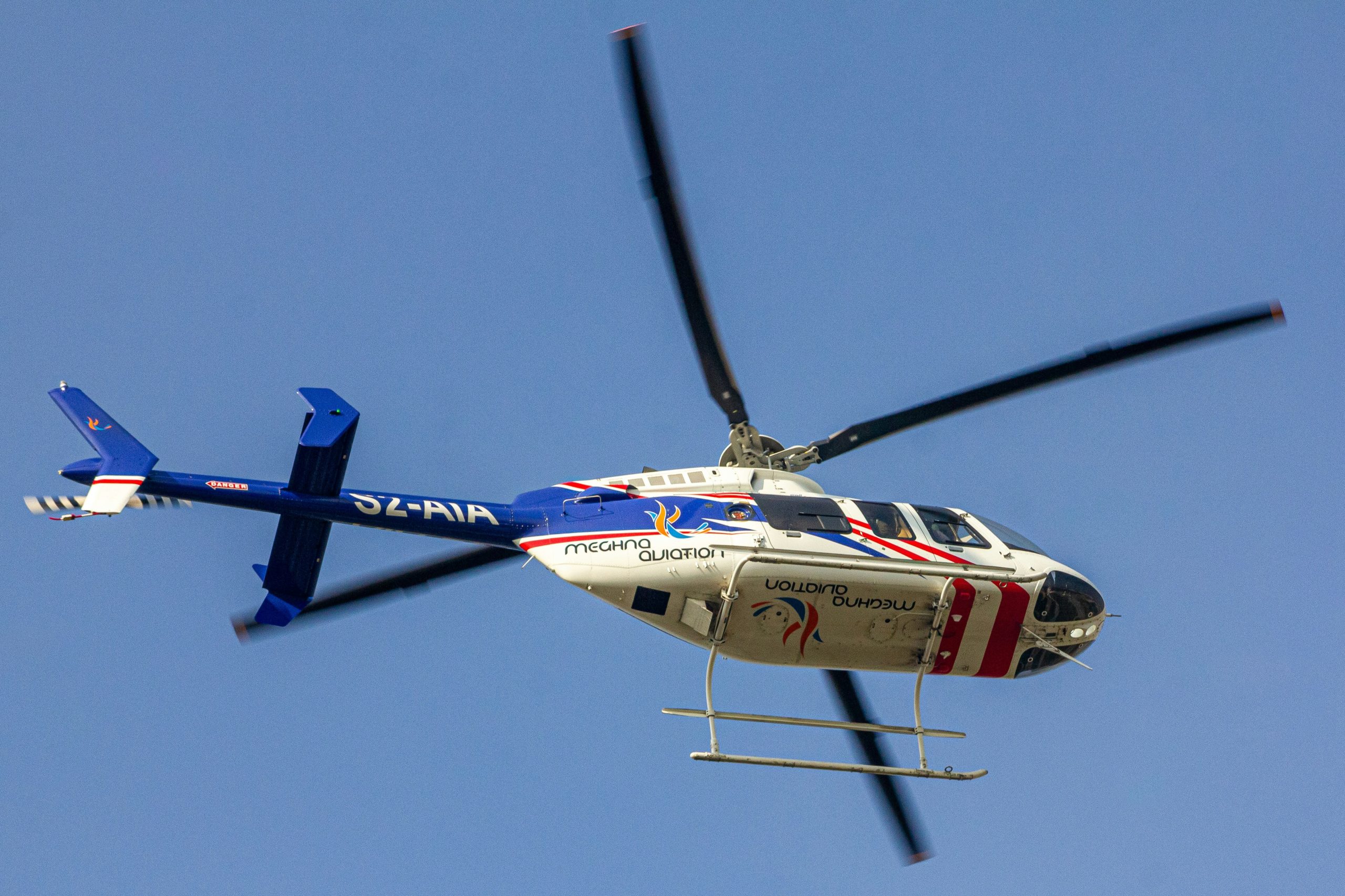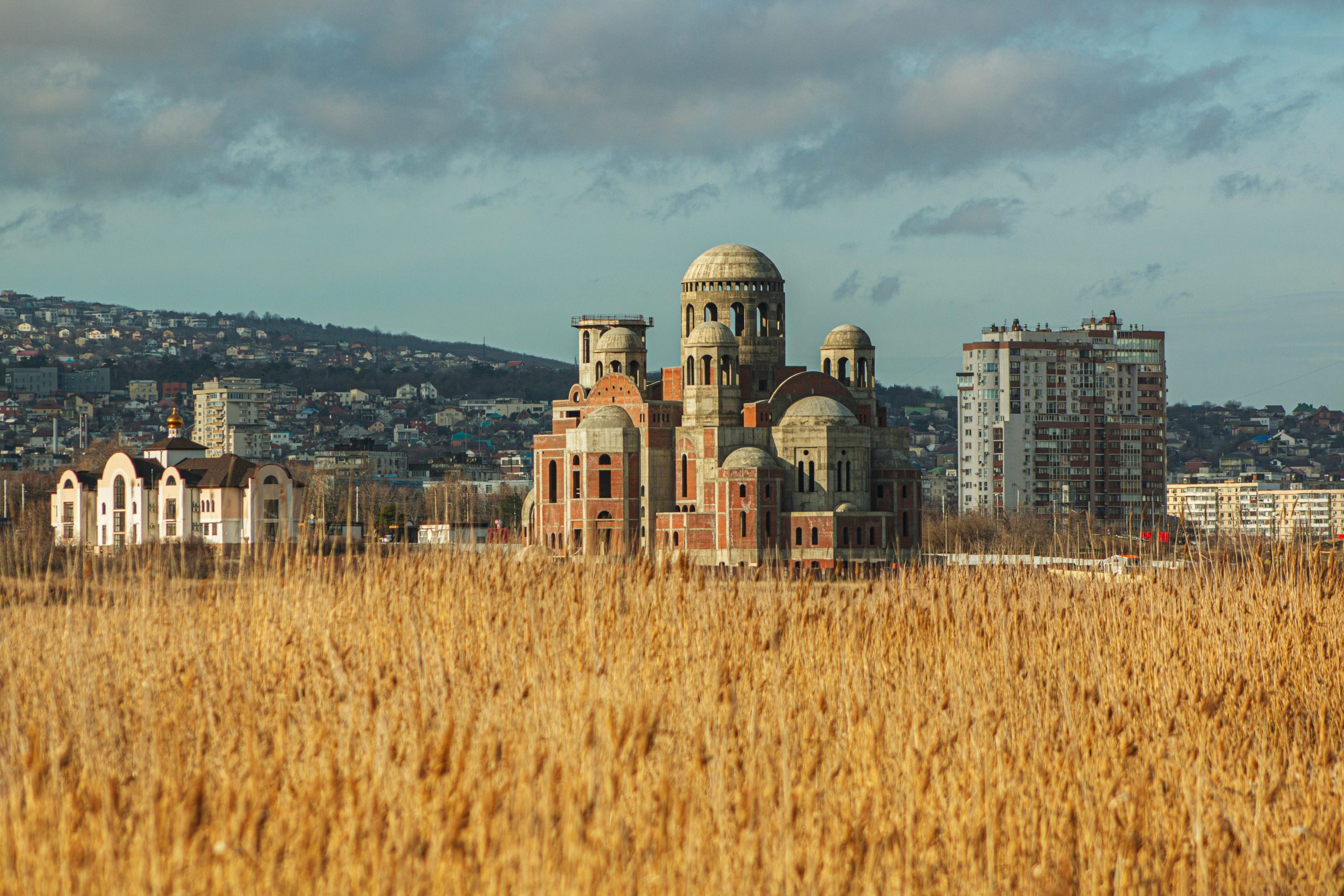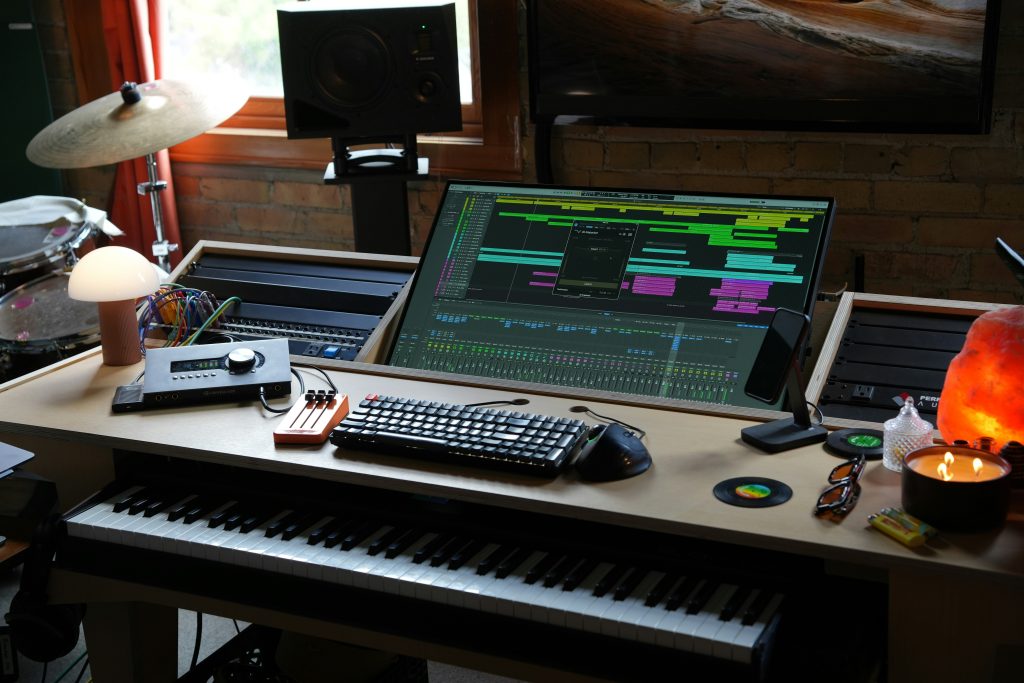AI-Generated Misinformation: Trump Misuses Taylor Swift’s Image in Campaign
In a controversial move that has sparked widespread debate, former President Donald Trump has recently taken to social media to post AI-generated images purportedly showing pop star Taylor Swift and her fans expressing support for his presidential campaign. This incident comes as the Democratic Party convenes for its 2024 convention in Chicago, and it raises significant questions about the use of misinformation in political campaigning.
The images shared by Trump were quickly identified as misleading, with many observers pointing out that they do not represent genuine endorsements from Swift or her fanbase. This tactic appears to be part of Trump's broader strategy to capture attention and sway public opinion as the election season heats up. It is worth noting that Taylor Swift, who endorsed the Biden-Harris ticket in the 2020 election, has yet to publicly comment on the 2024 race or Trump's recent claims.
Critics have expressed concern over the implications of utilizing AI-generated content in this manner. The rise of artificial intelligence has opened new avenues for misinformation, and this instance exemplifies how political figures may exploit technology to fabricate support or manipulate narratives. The images, which depict Swift and her fans enthusiastically backing Trump's campaign, have been labeled as misinformation by numerous fact-checkers, highlighting the responsibility of public figures to ensure authenticity in their communications.
The phenomenon of using AI in political discourse is not isolated. It follows a pattern where political candidates engage with technology to create compelling visuals that may not reflect reality. Just a week prior, Trump was criticized for making unfounded claims regarding Vice President Kamala Harris's campaign, alleging that AI was used to artificially inflate crowd sizes. Such instances raise alarms about the potential for AI to distort public perception and influence voter behavior.
As the 2024 election approaches, the stakes are high, and the landscape of political communication is evolving. The use of AI-generated images and the spread of misinformation could have detrimental effects on democratic processes and voter trust. Swift's silence on the matter could be interpreted in various ways, but many of her fans and supporters are likely to feel unsettled by the misuse of her image in a political context.
The incident serves as a reminder of the importance of media literacy and critical thinking in an age dominated by digital content. Voters must be vigilant and discerning, particularly when engaging with politically charged material that may be manipulated for ulterior motives. As misinformation continues to proliferate, the role of social media platforms in regulating content will also come under scrutiny, as they must navigate the fine line between freedom of expression and the responsibility to curb false narratives.
In conclusion, the intersection of celebrity culture and political campaigning is becoming increasingly complex, especially in the context of technological advancements. The recent actions of Trump not only raise ethical questions about the use of AI but also emphasize the need for transparency and accountability in political communication. As the election season unfolds, it will be interesting to see how these dynamics evolve and what impact they will have on voter engagement and public discourse.











